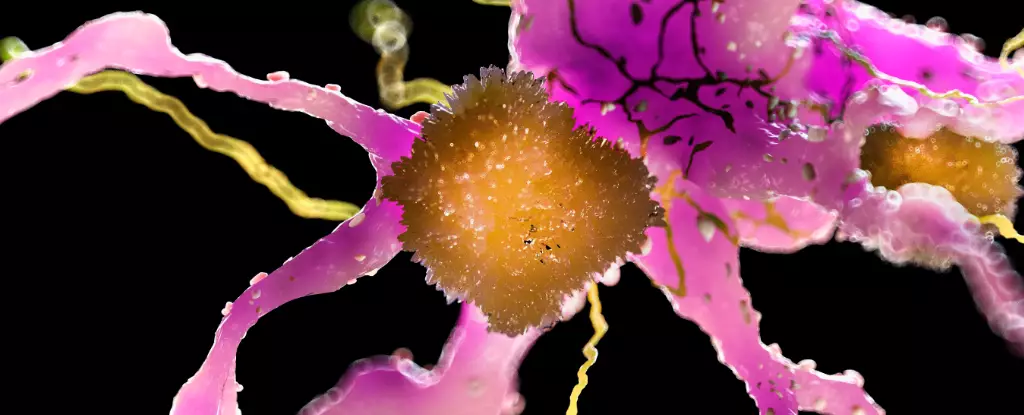In a world where Alzheimer’s disease casts a long, dark shadow over millions, a recent study has breathed a new lease of life into hope for those affected and at risk. Dr. Randall J. Bateman, a prominent neurologist from Washington University, posits a heightened optimism, suggesting that this could be the dawn of significant advancements in preventative strategies for individuals genetically predisposed to this debilitating condition. Remarkably, the trial involving a niche demographic of 73 individuals, each battling Dominantly Inherited Alzheimer’s, unveils an exhilarating possibility: what if medical science could delay the inevitable onset of this disease for millions?
This isn’t merely another passive observation in the annals of dementia care; it symbolizes a pivotal moment that could reflect a profound shift in our understanding and approach to tackling Alzheimer’s. The intricate interplay of genetics and neurodegeneration has stymied researchers for decades, and to now catch a glimpse of potential solutions is not just promising, but invigorating.
Understanding the Genetic Landscape
It’s essential to grasp the nuances of Dominantly Inherited Alzheimer’s. Though it represents a mere one percent of all cases, those families burdened by the specific genetic mutations face an alarming trajectory toward inevitable cognitive decline by their 50s. This stark reality serves as a grim reminder of the fragility of mental health, clarifying just how critical advancements in preventative measures could be. As we stand on the cusp of a paradigm shift in Alzheimer’s research, the findings from recent clinical trials that targeted amyloid protein production expose a tantalizing pathway toward intervention.
This approach isn’t just about managing symptoms; it’s about redefining the future for potentially millions of individuals on the precipice of decline. For too long, we’ve allowed the prevailing narrative surrounding Alzheimer’s to paint a bleak picture. Hearing scientists affirm the prospects of delaying disease onset disrupts that narrative, injecting much-needed hope into both research circles and families grappling with the agonizing emotional toll Alzheimer’s evokes.
Antibodies: A Double-Edged Sword
While the implications of this research are overwhelmingly positive, we must also shine a light on the inherent risks entwined with these therapies. Gantenerumab, the focal drug within this trial, has shown promise but carries with it potential dangers, including the risk of cerebral microbleeds—a small price for some, but not one to be dismissed. The delicate balancing act of harnessing the power of antibodies against the backdrop of their side effects complicates the narrative surrounding this innovative treatment.
It remains a polarized issue: the promise of extended quality years in life against the looming threat of adverse reactions. Yet, isn’t this the inherent challenge of scientific progress? Pioneering solutions often walk a tightrope between innovation and caution, and the conversations that arise from that tension are invaluable. It’s important for stakeholders—patients, families, and policymakers—to understand both the potential benefits and the risks, fostering a well-rounded perspective on what these advancements may indeed mean for the future of Alzheimer’s treatment.
Broader Implications for Alzheimer’s Patients
As researchers delve deeper into these findings, the ripple effect of their work could spark a transformation in how we view Alzheimer’s disease as a whole. Instead of a life sentence, individuals may find renewed agency over their health outcomes. This moment could catalyze a broader discourse surrounding dementia care, pushing society to address the pressing need for proactive measures rather than reactive ones.
The prospect of employing innovative treatments to stave off cognitive decline before symptoms manifest is a game-changer, reshaping both personal and societal understandings of Alzheimer’s disease. It empowers individuals to take control of their health destinies, while simultaneously confronting the systemic shortcomings of our current healthcare paradigms.
What lies ahead could incredibly shift our collective approach, urging us to embrace a mindset that prioritizes prevention, effective treatment alternatives, and above all, the human stories that highlight resilience in the face of adversity. As echoes of hope resonate through the research community, the questions linger: are we finally progressing towards a future where Alzheimer’s isn’t merely managed but prevented?

